Publications
Building conservation publications from the Engine Shed, ranging from detailed technical papers to advice for conservation beginners.
Refine results
Keyword search
audience
publication type
-
Research (42)
-
Technical Paper (36)
-
Research and Study Report (3)
-
Historic Publication (2)
-
Book (Research) (1)
-
Historic Trade Catalogue (1)
-
Technical, Advice & Guidance (41)
-
Conference Proceedings (4)
-
Case Study (2)
-
INFORM Guide (2)
-
Technical Advice Notes (2)
-
Refurbishment Case Studies (2)
-
Focus Magazine (1)
-
Guides for Practitioners (1)
-
Reference Report (1)
-
Education (1)
language
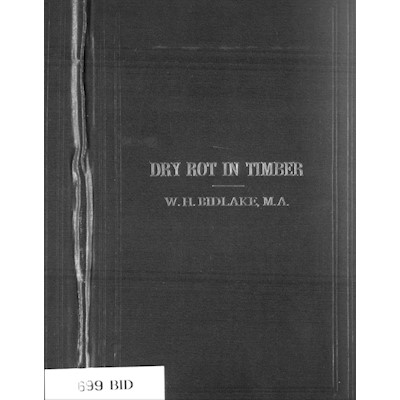
Dry Rot in Timber
"Dry Rot in Timber" is a pamphlet produced from a paper read before the London Architectural Association on dry rot. The document includes a range of helpful illustrations.
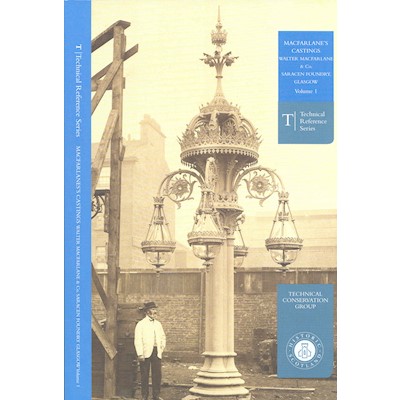
MacFarlane's Castings, Volumes 1 & 2
Saracen Foundry, Glasgow
A volume celebrating the legacy of one of Scotland's most successful and internationally renowned industrial firms of the 1800s.
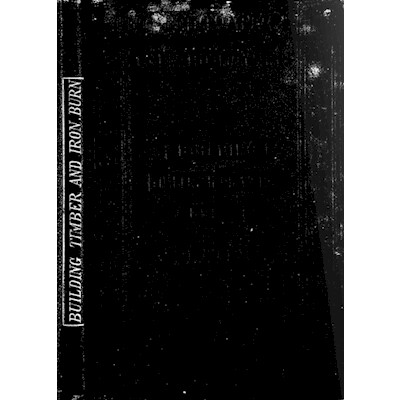
Building Timber and Iron Work Burn
Building Timber and Iron Work Burn - Written for students in the building construction trade, this manual provides a good description of each of the materials timber, iron and lead.
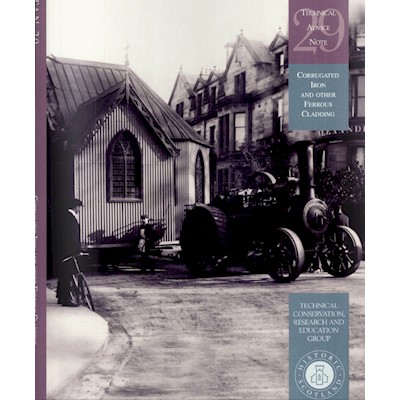
TAN 29 - Corrugated Iron and Other Ferrous Metal Cladding
An outline of ferrous metal cladding in Scotland, with discussion of guidance, documentation and conservation techniques.
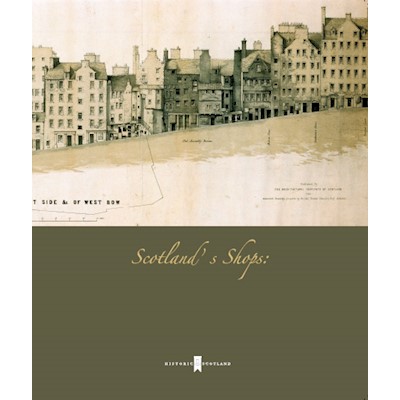
Scotland's Shops
A publication on the design of shops in Scotland, including a gazetteer of retail buildings.
Refurbishment Case Study 30
Gray House, Errol: Repairing A Mudwall Home
This Refurbishment Case Study describes the works done to repair a mudwall domestic building.
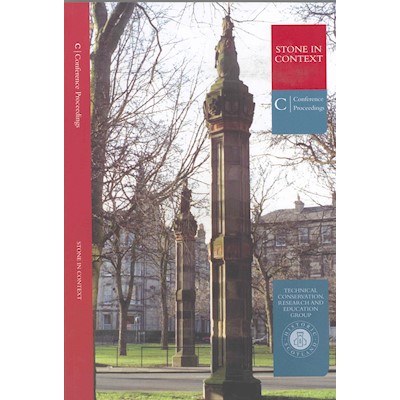
Stone in Context Conference Proceedings
Proceedings from the Stone in Context conference held in November 2007.
Inform Guide: Lime and Cement in Traditional Mortars
INFORM guide about lime and cement mortars, the two most commonly used mortar types in Scotland.
Local Heat and Energy Efficiency Strategies
Historic and Traditional Buildings
This document contains information to support anyone producing, revising or working with Local Heat and Energy Efficiency Strategies (LHEES) in relation to traditional buildings and the historic built environment.


